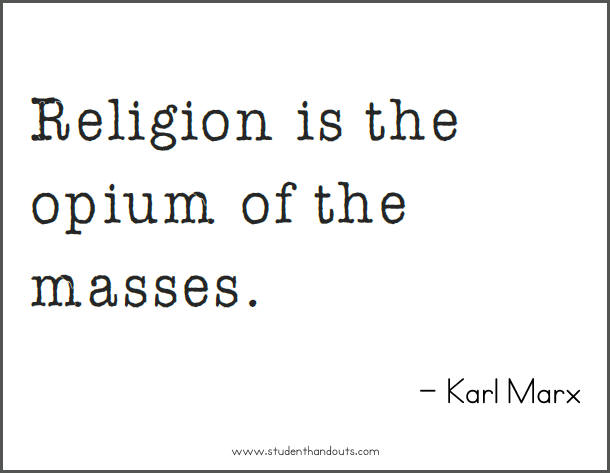
“What labels me, negates me.”
“I see it all perfectly; there are two possible situations — one can either do this or that. My honest opinion and my friendly advice is this: do it or do not do it — you will regret both.”
“People understand me so poorly that they don't even understand my complaint about them not understanding me.”

“To dare is to lose one's footing momentarily. Not to dare is to lose oneself.”
“To cheat oneself out of love is the most terrible deception; it is an eternal loss for which there is no reparation, either in time or in eternity.”
“It is so hard to believe because it is so hard to obey.”
“Leap of faith – yes, but only after reflection.”
“The thing is to understand myself: the thing is to find a truth which is true for me, to find the idea for which I can live and die. That is what I now recognize as the most important thing.”

“Where am I? Who am I?
How did I come to be here?
What is this thing called the world?
How did I come into the world?
Why was I not consulted?
And If I am compelled to take part in it, where is the director?
I want to see him.”
How did I come to be here?
What is this thing called the world?
How did I come into the world?
Why was I not consulted?
And If I am compelled to take part in it, where is the director?
I want to see him.”
“The philosophers have only interpreted the world, in various ways. The point, however, is to change it."
"History calls those men the greatest who have ennobled themselves by working for the common good; experience acclaims as happiest the man who has made the greatest number of people happy."
"What is Communism? Communism is the doctrine of the conditions of the liberation of the proletariat. What is the proletariat? The proletariat is that class in society which lives entirely from the sale of its labor and does not draw profit from any kind of capital; whose weal and woe, whose life and death, whose sole existence depends on the demand for labor...."
"Communism is the riddle of history solved, and it knows itself to be this solution."
"In communist society, where nobody has one exclusive sphere of activity but each can become accomplished in any branch he wishes, society regulates the general production and thus makes it possible for me to do one thing today and another tomorrow, to hunt in the morning, fish in the afternoon, rear cattle in the evening, criticise after dinner, just as I have a mind, without ever becoming hunter, fisherman, herdsman or critic."
Religious suffering is, at one and the same time, the expression of real suffering and a protest against real suffering. Religion is the sigh of the oppressed creature, the heart of a heartless world, and the soul of soulless conditions. It is the opium of the people.

The abolition of religion as the illusory happiness of the people is the demand for their real happiness. To call on them to give up their illusions about their condition is to call on them to give up a condition that requires illusions. The criticism of religion is, therefore, in embryo, the criticism of that vale of tears of which religion is the halo... Religion is only the illusory Sun which revolves around man as long as he does not revolve around himself.”
“The history of all hitherto existing society is the history of class struggles.
Freeman and slave, patrician and plebeian, lord and serf, guildmaster and journeyman, in a word, oppressor and oppressed, stood in constant opposition to one another, carried on an uninterrupted, now hidden, now open fight, that each time ended, either in the revolutionary reconstitution of society at large, or in the common ruin of the contending classes.”
Freeman and slave, patrician and plebeian, lord and serf, guildmaster and journeyman, in a word, oppressor and oppressed, stood in constant opposition to one another, carried on an uninterrupted, now hidden, now open fight, that each time ended, either in the revolutionary reconstitution of society at large, or in the common ruin of the contending classes.”
“In a higher phase of communist society... after labor has become not only a means of life but life's prime want; after the productive forces have also increased with the all-around development of the individual, and all the springs of co-operative wealth flow more abundantly—only then can the narrow horizon of bourgeois right be crossed in its entirety and society inscribe on its banners: From each according to his ability, to each according to his needs!”
“The ideas of the ruling class are in every epoch the ruling ideas, i.e. the class which is the ruling material force of society, is at the same time its ruling intellectual force... The ruling ideas are nothing more than the ideal expression of the dominant material relationships, the dominant material relationships grasped as ideas.”
"Modern bourgeois private property is the final and most complete expression of the system of producing and appropriating products, that is based on class antagonisms, on the exploitation of the many by the few.”

No comments:
Post a Comment
Note: Only a member of this blog may post a comment.